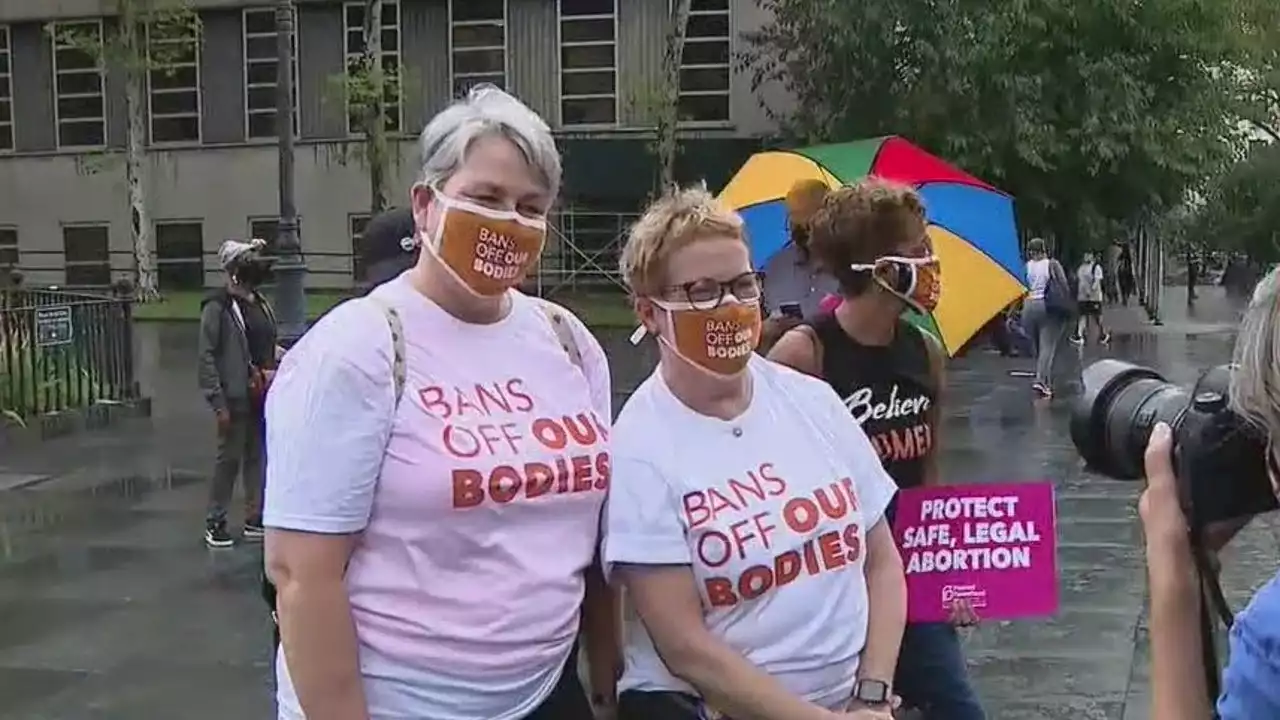Noninvasive screens that look for abnormal fetal genomes often reveal hard-to-interpret results, raising challenging questions about selective abortion and eugenics
Imagine you are an expectant parent. Just a couple of months into your pregnancy, you opt for an easy genetic screen. A result comes back: the fetus is likely missing a chunk of DNA at site 11.2 on the long arm of the 22nd chromosome—a variant associated with serious medical and developmental issues.
Confronted with such profound uncertainty, what do you do? Follow up with traditional diagnostic testing, with its invasiveness, discomfort and small risk of miscarriage? And if the result is confirmed, do you abort the pregnancy? Prenatal screening is big business. The annual market for NIPT is already around $4 billion dollars and is growing rapidly; like other prenatal genetic tests, it is not regulated in the U.S.
But this question of false positives only scratches the surface of the myriad dilemmas unleashed by cutting-edge prenatal screening technologies such as NIPT and preimplantation genetic diagnosis —a process in which a lab-fertilized embryo is screened for genetic disorders before being implanted into a womb.
If NIPT and PGD become as widespread and comprehensive as experts anticipate, many thousands of expectant parents a year will learn that their fetus has a pathogenic variant. But we will not always be able to tell them what that means for their potential child’s future. NIPT and PGD therefore raise ethical issues that do not fit neatly into futuristic discussions of “designer babies” or entrenched debates about abortion.
Norge Siste Nytt, Norge Overskrifter
Similar News:Du kan også lese nyheter som ligner på denne som vi har samlet inn fra andre nyhetskilder.
 Clay Studio finds a new home in Kensington, new mission to connect the communityThe Clay Studio has a brand-new home in the heart of South Kensington and a mission of using clay to connect to the community.
Clay Studio finds a new home in Kensington, new mission to connect the communityThe Clay Studio has a brand-new home in the heart of South Kensington and a mission of using clay to connect to the community.
Les mer »
 How New York, New Jersey, Connecticut protect abortion rightsAbortions have been legal in New York ever since legislation was signed into law by Gov. Nelson Rockefeller in 1970 — three years prior to Roe v. Wade — and will remain legal even if the landmark decision is overturned. New Jersey and Connecticut also have laws protecting access to abortion care.
How New York, New Jersey, Connecticut protect abortion rightsAbortions have been legal in New York ever since legislation was signed into law by Gov. Nelson Rockefeller in 1970 — three years prior to Roe v. Wade — and will remain legal even if the landmark decision is overturned. New Jersey and Connecticut also have laws protecting access to abortion care.
Les mer »
 Buying Wordle brought ‘tens of millions of new users’ to The New York TimesWhat’s a five-letter word for 'crushing it?'
Buying Wordle brought ‘tens of millions of new users’ to The New York TimesWhat’s a five-letter word for 'crushing it?'
Les mer »
 1 in 3 new COVID cases caused by new omicron subvariant, CDC data showsThe omicron variant offshoot — a highly contagious spinoff of BA.2 that is gaining steam in the U.S. — caused more than one in three new COVID-19 cases in the U.S. last week.
1 in 3 new COVID cases caused by new omicron subvariant, CDC data showsThe omicron variant offshoot — a highly contagious spinoff of BA.2 that is gaining steam in the U.S. — caused more than one in three new COVID-19 cases in the U.S. last week.
Les mer »
 BTS Reveals New Album Is an Anthology, With Three New TracksThe group also shared when pre-orders become available, which is coming sooner than you think.
BTS Reveals New Album Is an Anthology, With Three New TracksThe group also shared when pre-orders become available, which is coming sooner than you think.
Les mer »
 Travelers from New York, New Jersey will need REAL ID to fly domestically in 1 yearIf you're a resident of New York or New Jersey and you've put off getting a REAL ID now is a good time to update your license.
Travelers from New York, New Jersey will need REAL ID to fly domestically in 1 yearIf you're a resident of New York or New Jersey and you've put off getting a REAL ID now is a good time to update your license.
Les mer »
